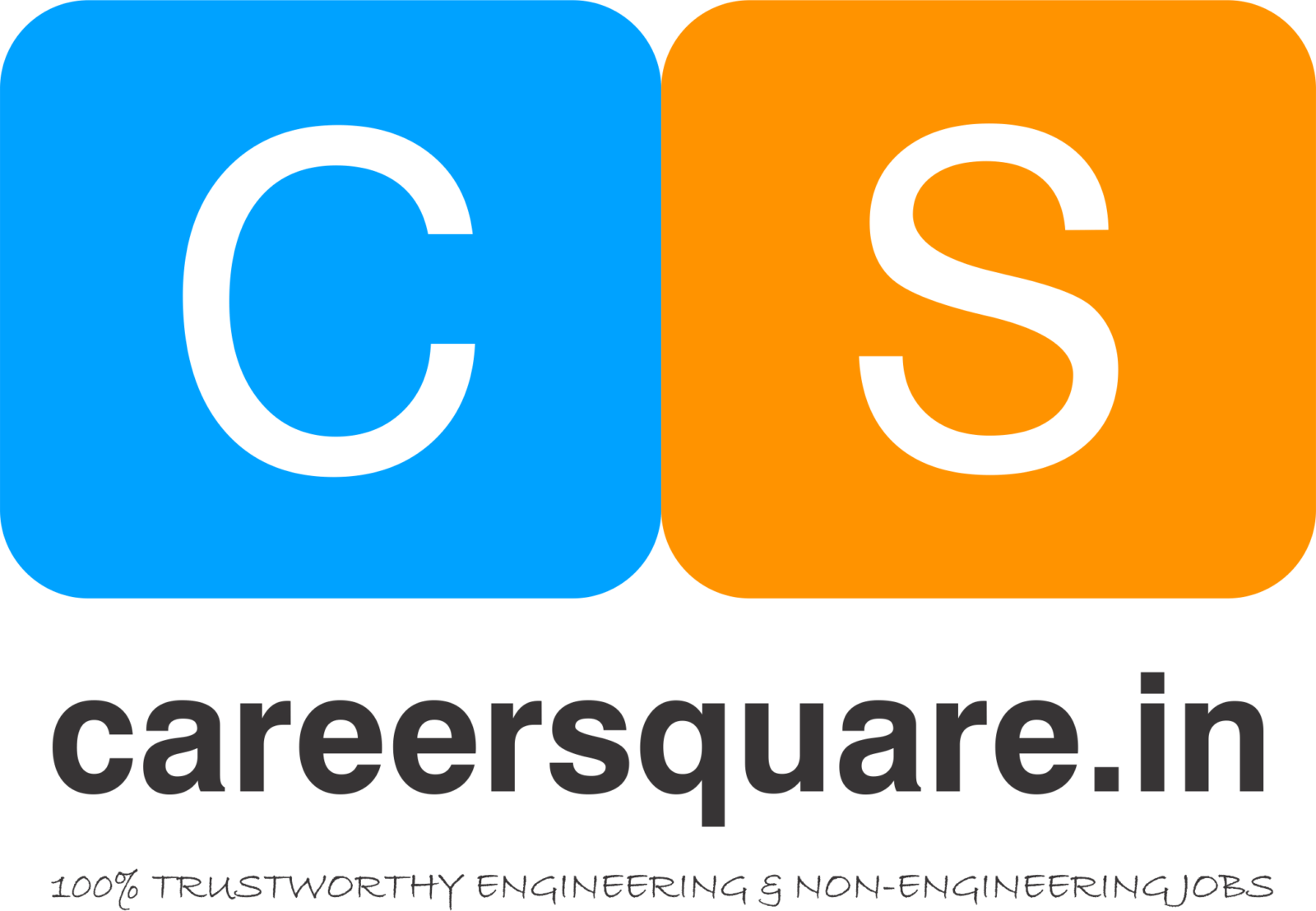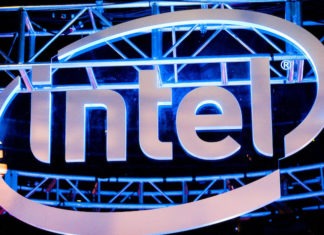Upgrade your home with the ultimate smart assistant
Job description:
NVIDIA is hiring across multiple positions in their HW teams and a brief about the teams and their requirements is given below
GPU Architecture Team
- GPU architecture team is engaged in the development of industry leading high performance and power efficient GPUs.
- Specific areas include architecture modeling, analysis and performance verification. The team works on GPUs across all application domains such as gaming for PC and mobile devices, professional graphics & visualization and high-performance computation.
Skills you will use/develop:
- C++ modeling, test development
- RTL design, debug
- ASIC design & verification tools, methodologies
- Computer architecture, Graphics, GPU micro-architecture, parallel computing
- Performance evaluation, analysis and debug
- Perl/Python scripting
Areas you will be working on:
COMPUTER ARCHITECTURE; MEMORY SYSTEMS ARCHITECTURE, COMPILER ARCHITECTURE/ PERFORMANCE MODELING
GPU ASIC DESIGN / VERIFICATION TEAM
Today NVIDIA’s GPUs simulate human intelligence, running deep learning algorithms and acting as the brain of super computers, robots, and self-driving cars that can perceive and understand the world We are seeking a passionate, innovative, and highly motivated senior verification engineer to join us in the development of the next generation of PCI Express controllers used in NVIDIA’s GPUs and SOCs In this position, you will be responsible for verification of the ASIC design, architecture and micro architecture using advanced verification methodologies You are expected to understand the design and implementation, define the verification scope, develop the verification infrastructure and verify the correctness of the design You will be working with architects, designers, pre and post silicon verification teams to accomplish your tasks
What you’ll be doing
- Develop test plans, tests and verification infrastructure for PCIE at IP/sub system/SOC level
- Create verification environment using UVM methodology
- Create reusable bus functional models, monitors, checkers and scoreboards
- Drive functional coverage driven verification closure
- Work with architects, designers and post silicon teams
Ways to stand out from the crowd:
- Good knowledge of PCIE protocol Gen 3 and above
- Good debugging and problem-solving skills
- Good communication skills and ability desire to work as a team player
TEGRA SOC DESIGN & VERIFICATION
Tegra ASIC team (Design Verification)
As a Hardware Engineer at NVIDIA you will design and implement the industry’s leading Graphics, Video and Mobile Communications Processors. Specific areas include 2D and 3D graphics, mpeg, video, audio, network protocols, high-speed IO interfaces and bus protocols, and memory subsystem design. You will be responsible for Architecture and micro-architecture design of the ASICs, RTL design and synthesis, Logic and Timing verification using leading edge CAD tools and Semiconductor process technologies
Areas you will be working on:
- ASIC, RTL, DESIGN AND VERIFICATION OF PROCESSORS
- Low Power verification
- Power Estimation and Modeling
- PCIe Design verification
- Functional / Formal verification
CPU VERIFICATION TEAM
As a design verification engineer in the Nvidia’s CPU team, you will be working on the next generation of 64bit ARM architecture-based CPUs and SOCs. As part of this assignment, the intern will get a chance to learn about computer architecture at a very granular level, System Verilog, Unit/Cluster /SOC Verification, cutting edge verification methodologies and C/C++/ASM programming. The intern also will get an opportunity to get familiar with industry standard tools in verification and validation. During the course of the internship, the intern will contribute to building test benches, developing architectural simulators, modifying random instruction generators and creating stimulus for verification and validation of different units of the CPU and SOC.
Areas you will be working on:
- Computer Architecture
- Digital Design and Programming in C/C++/Perl
- ARM, CPU Design and Verification/ Validation
ASIC-PD (Timing Closure / VLSI)
As a member of our ASIC backend/timing team, you’ll be working on product designs, focusing on such tasks as clocks, timing convergence, chip layout planning, design
optimization and automation of workflows. Specifically, you’ll be focusing on full chip layout planning (partitioning, planning clock distribution and other structures, methodology), full
chip timing closure signoff (using tools such as Synopsys Primetime, Cadence Tempus etc.), design optimization, and gate-level design of high-speed logic. In this role you will also interface with architecture, rtl design, layout implementation, methodology and custom design teams to drive design implementation, timing analysis/closure all the way from micro-architecture to tape-out.
What you’ll be doing:
- Develop and enhance timing analysis/signoff workflow from the frontend (pre-layout) to backend (post-layout) at both chip and block level.
- Chip level Integration, physically partitioning and floor planning.
- Develop custom timing scripts using tcl/primetime for clock skew analysis, special circuits such as clock dividers, core logic <-> IO macros interfaces such as PCI-E, Framebuffer/Memory, HDMI, etc.
- Design optimization and timing convergence-related tasks.
- Development of PD workflows.
INFRASTRUCTURE TOOLS DEVELOPMENT (Trace Tools / Graphics)
A key part of NVIDIA’s strength is our unique tools for analysis, visualization, debug and automated regressions. We are looking for bright engineers to participate in our fast-paced Agile software team and to continue and improve our extremely high production quality standards. These tools are used by all the engineers in NVIDIA.
We are continuously pushing the envelope and needing the next generation of tools to enable the next generation of chips. The tools we build involve high compute infrastructure to allow very large scale distributed, cross-platform runs of mission critical proprietary applications, creating integrated development and debugging environments (such as Eclipse), implementing software engineering methodologies and tools to improve code quality, creating and driving quality build and release processes, and driving the performance improvement of chips we develop
Areas you will be working on:
- Object-oriented programming and design background: Object Oriented Perl, C++ or Java preferred
- Interpreted language skills – Object Oriented Perl preferred
- Experience in software development life cycle in Linux based platforms preferred
Job/Req. ID: N/A
Company: NVIDIA
Location: Bangalore, KA
Job Category: VLSI Engineering
Join all India VLSI Jobs Telegram Group









